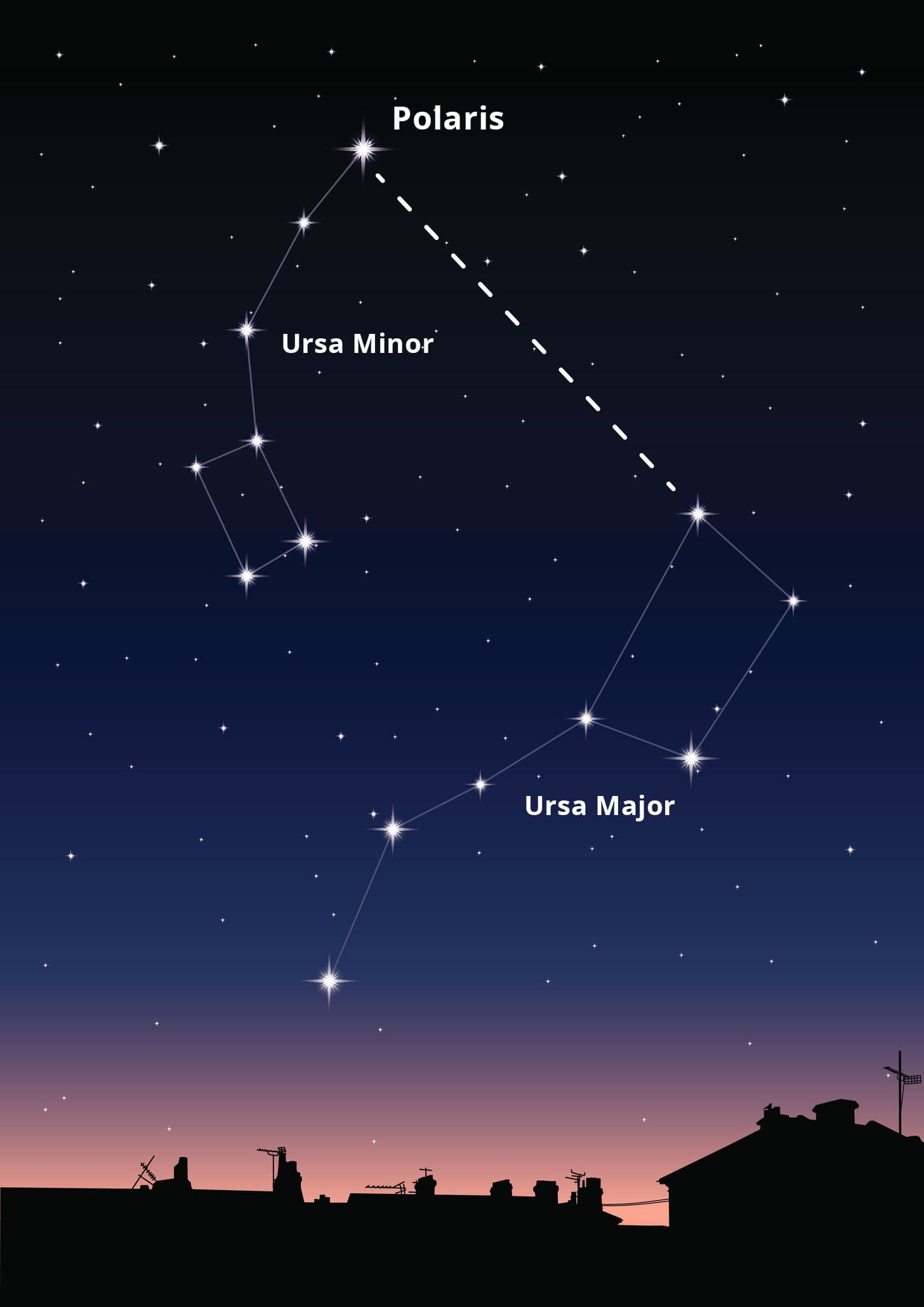This escape route to the north guided slaves to freedom and did not involve trains.
Underground Railroad
The expansive society southern whites built around cotton was called this.
Cotton Kingdom
This party was created from old Whigs who wanted a dedicated anti-slavery party.
Republican Party
This unit of Irishmen fought for Mexico in the Mexican-American War.
Saint Patrick's Battalion
This was the name of the fort attacked by South Carolinians starting the Civil War.
Fort Sumter
These people wanted to end slavery once and for all.
Abolitionists
These people were at the top of Southern society, owning 20 or more slaves.
Planters
This state famously nullified the fugitive slave act, showing the South's hypocrisy on 'states' rights'.
Wisconsin
These new ships were incredibly durable and revolutionized naval warfare.
Ironclads
Mr. Graham reenacted this infamous charge at Gettysburg often referred to as the 'High Water Mark' of the Confederacy.
Pickett's Charge
This area of the south, especially in Mississippi and Alabama, was called this for its dark, rich soil, perfect for growing cotton.
Black Belt
These wealthy women often did many of the business work around the plantation, including overseeing slaves.
Plantation Mistress
This compromise effectively repealed the Missouri Compromise of 1820.
Compromise of 1850
This was the battle strategy used by the Union to ensure the South's defeat.
Anaconda Plan
The South ultimately failed to get Great Britain to side with them in the Civil War, mainly because Britain needed this crop more than they need cotton.
Corn!
These songs were used as morale boosters and coded messages by slaves.
Spirituals
Plain White Folk
This court case effectively opened all states to slavery because the Supreme Court affirmed that slaves were personal property, not state property.
Dred Scott
This battle was a turning point in the Western Theatre of the Civil War, securing the Union the Mississippi River.
Battle of Vicksburg
"Follow the drinking gourd" was a coded message on the underground railroad that did not refer to actual drinking gourds, but rather this.
The Big Dipper

People of mixed black-white heritage were known as this.
Mulattoes
The comradery poor whites felt towards rich whites in the south based on their race is called this by historians.
White Solidarity
This idea advocates that states should get to vote whether they should be free or slave states.
Popular Sovereignty
This was the best example of 'total war' used by Union forces against the South.
Sherman's March to the Sea
There are many famous Civil War songs like Dixie, The Yellow Rose of Texas, and the Battle Cry of Freedom. But this one, inspired by Abolitionist John Brown, stands above the rest...
The Battle Hymn of the Republic // Glory, Glory, Hallelujah